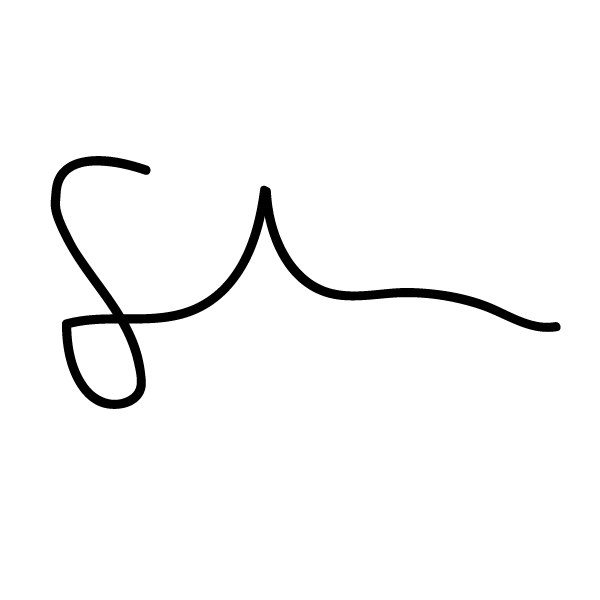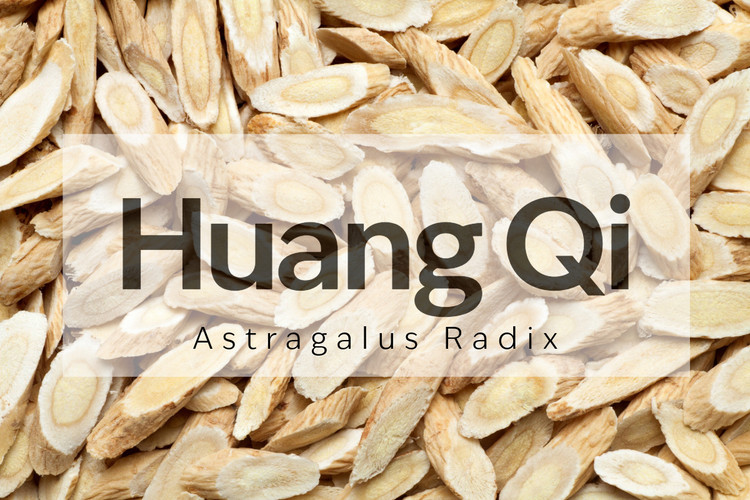Posted by Frank Griffo on Apr 2nd 2025
Huang Qi: A Cornerstone Herb
Huang Qi: A Cornerstone Herb
Huang Qi (Astragalus membranaceus) is one of the most respected herbs in the Traditional Chinese Medicine (TCM) pharmacopeia. With its rich yellow root and sweet, slightly warm nature, Huang Qi has earned a reputation as a premier herb for supporting the body’s vital Qi, particularly in relation to the Spleen, Lung, and immune system. Revered for its adaptogenic and immunomodulating properties, it continues to play a central role in modern herbal practice—especially in the treatment of immune insufficiency, fatigue, and lingering illness.
Historical Background and Folklore
Huang Qi has been used for over 2,000 years and is first recorded in the Shennong Bencao Jing (Divine Farmer’s Materia Medica), one of the earliest and most foundational Chinese herbals. The name “Huang Qi” means “Yellow Leader,” signifying both the golden color of its root and its leadership role among tonics. According to TCM folklore, the herb was cherished by warriors and scholars alike. It was said to promote resilience, endurance, and longevity—qualities believed to be vital not only for physical survival but also for spiritual cultivation.
TCM Actions and Therapeutic Use
In Traditional Chinese Medicine, Huang Qi is categorized as a Qi tonic that enters the Spleen and Lung meridians. Its primary functions include:
- Tonifying Spleen Qi: Huang Qi strengthens the Spleen’s ability to transform and transport nutrients. This makes it useful in cases of fatigue, poor appetite, loose stools, and general weakness—all signs of Spleen Qi deficiency.
- Raising the Yang Qi: It helps lift clear Yang in cases of Spleen Qi sinking, which may manifest as prolapse (e.g., of the uterus or rectum) or chronic diarrhea.
- Strengthening Wei Qi (Defensive Qi): By supporting the Lung and Spleen, Huang Qi reinforces the body’s external defenses against external pathogens. This makes it especially helpful in recurrent colds, spontaneous sweating, and other signs of Wei Qi deficiency.
- Promoting Tissue Regeneration: Huang Qi is often used to promote wound healing, reduce inflammation, and support tissue regeneration, particularly when combined with herbs like Dang Gui.
- Supporting Fluid Metabolism: It can reduce edema by promoting urination without damaging Qi, making it useful for water retention due to Qi deficiency.
Immunomodulation and Adaptogenic Support
Modern research aligns with TCM's traditional usage. Studies show that Huang Qi stimulates macrophage activity, enhances natural killer (NK) cell function, and increases antibody production. It is considered an adaptogen, supporting the body’s ability to manage stress, improve stamina, and balance immune activity—whether underactive or overactive.
In the context of allergies, Huang Qi’s immune-modulating effect makes it valuable for regulating inappropriate immune responses without suppressing overall immune function. It’s also shown promise in clinical settings for reducing the frequency and severity of respiratory infections and improving recovery from chronic fatigue and post-viral syndromes.
Clinical Applications
Acupuncturists often turn to Huang Qi in formulas when addressing patterns of Spleen Qi deficiency, Lung Qi deficiency, Wei Qi deficiency, and chronic immune compromise. It plays a central role in formulas like Yu Ping Feng San (Jade Windscreen Powder), which protects against external wind invasion while supporting the body’s foundational Qi. It is also commonly combined with herbs that direct its effects toward the surface or deeper organs depending on the clinical presentation.
Griffo Botanicals Products Featuring Huang Qi
Huang Qi’s versatility and profound Qi-tonifying actions make it a key ingredient in several Griffo Botanicals formulas, including:
- Basecamp – Yu Ping Feng San mushroom complex — A foundational immune support formula
- Fortifend – Yu Ping Feng San — the classic formula for wei qi fortification
- Vim Vita – Bu Zhong Yi Qi Tang — reinforcing core vitality, sinking qi and much more.
- Restore – Gui Pi Tang — for heart and spleen deficiency
- Mistrel — Ban Xia Bai Zhu Tian Ma Tang — vertigo and dizziness due to phlegm
- Phase Four — You Gui Wan — Luteal phase cycle support
- BaseCamp Tea — Huang Qi, mushrooms, and elderberry

Frank Griffo, L.Ac.

